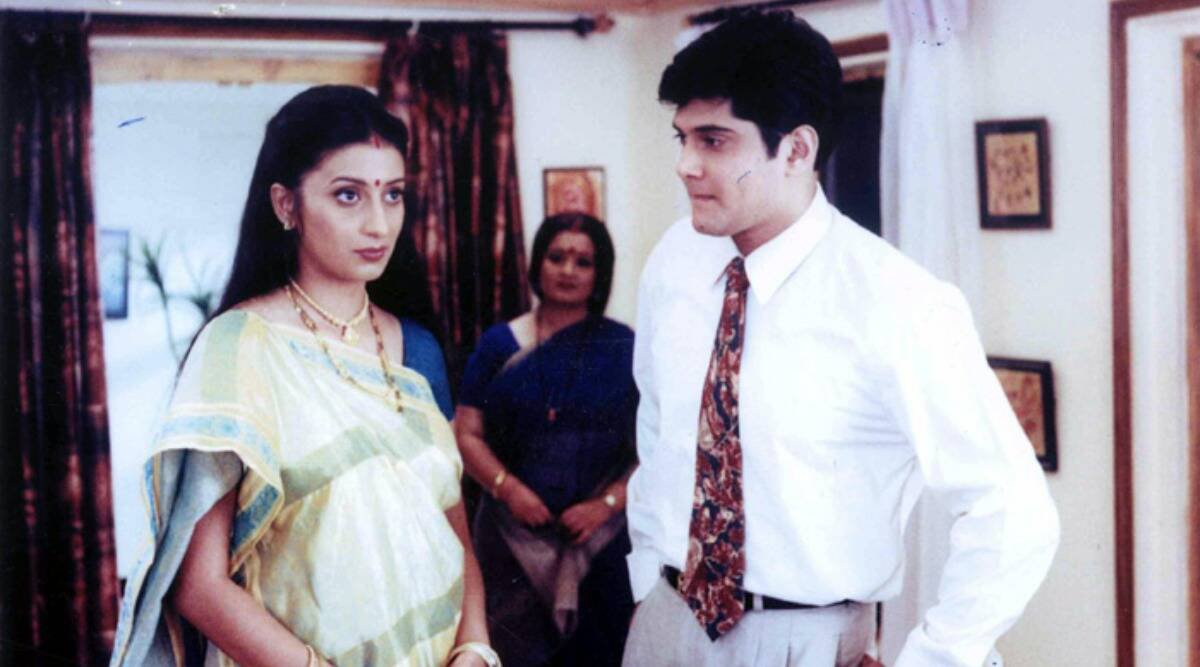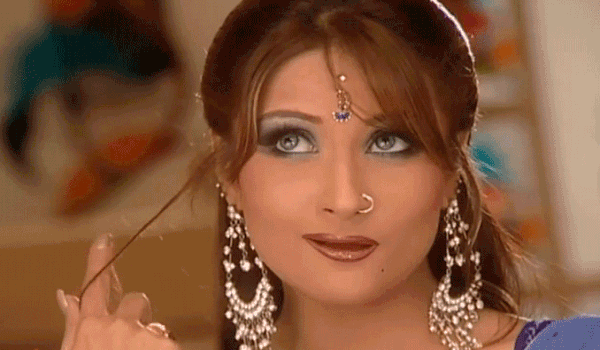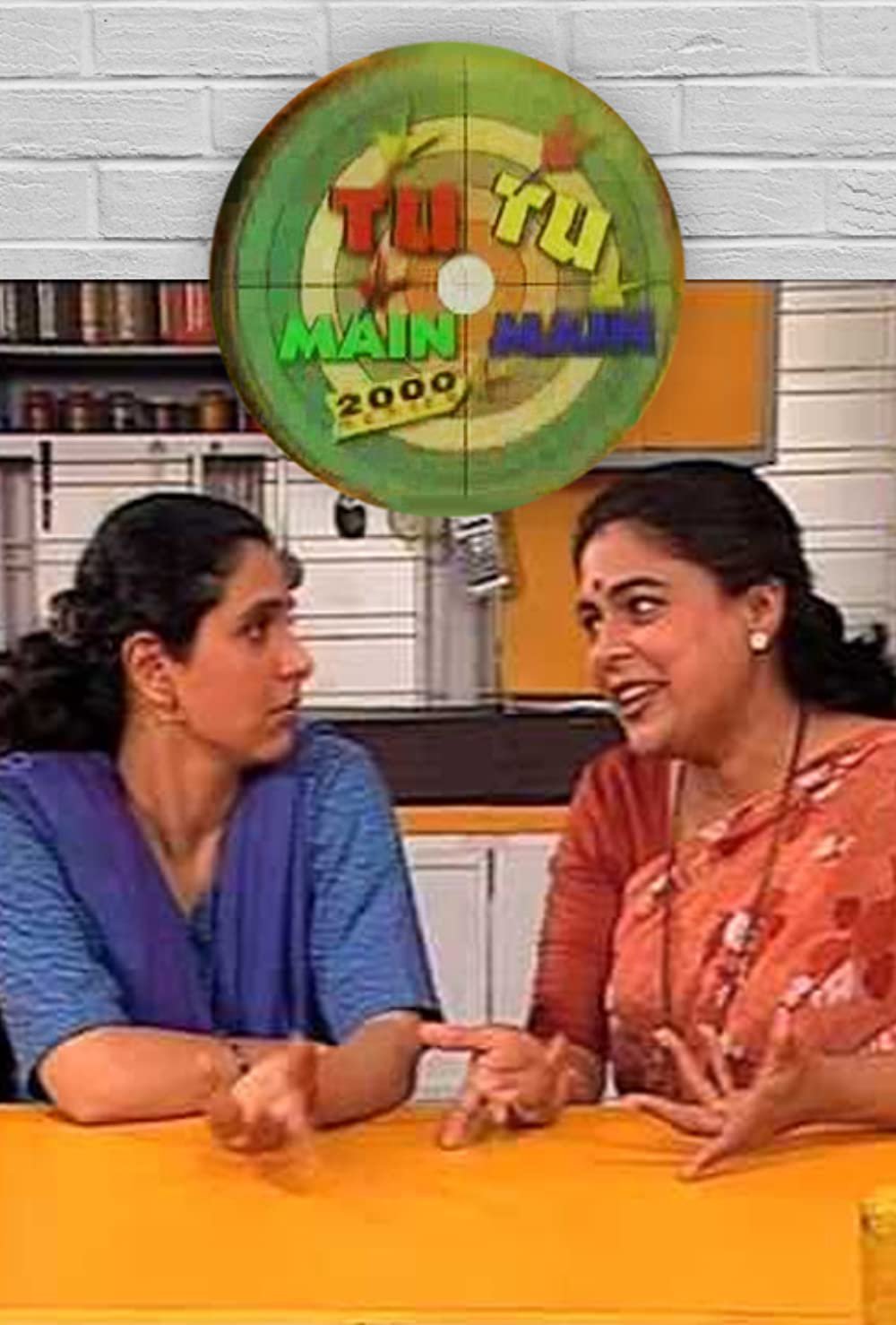Love ’em or hate ’em, soap operas are the guilty pleasure of many millennials. I can surely vouch for that cos Rupali Ganguly’s Anupamaa is my guilty pleasure. Memes of Rasode mein kaun tha and Gopi Bahu washing a laptop, yes such cringe content too. Let’s flip some pages back to the past, when saas-bahu serials became a part of every Indian household, thanks to Ekta Kapoor, the soap opera queen.
Way before COVID-19 lockdown did, nothing except soap operas like Kyunki Saas Bhi Kabhi Bahu Thi, Kahaani Ghar-Ghar Ki, and Kasautii Zindagi Kay to name a few, brought our families closer in early 2000 era. This was followed by several other saas-bahu sagas like Sasural Simar Ka and Saath Nibhaana Sathiya in late 2000s.
Desis would often make changes to their routines so that they don’t miss out Kyunki Saas Bhi Kabhi Bahu Thi and other similar soaps back then. What Tulsi would do next was a major topic of discussion on the dinner table. And what is more intriguing than watching our desi family stories with a pinch of entertainment on TV, right? Of course, these saas-bahu soaps were the over-the-top representations of our real lives, but the themes were quite relatable to Indian households.

Such serials stressed on parivaar, sanskaar, shaadi, bahu, damaad, jamaai to which desis in general connect till now. They also had vamps like the OG Komalika. I am sure, most of you will relate to the situation that someone in your extended family might have acted like her a bit some day. Your buas/chachis, may be?

Sure, Doordarshan’s 90s sitcom Tu Tu Main Main (having 169 episodes) might have probably started the trend of reel saas-bahu fights overpowered with humour. However, the 2000 serial, Kyunki Saas Bhi Kabhi Bahu Thi changed the dynamics of audience viewership that mirrored the real roz-roz ki nok-jhok between a mother-in-law and daughter-in-law on-screen. Telecasted for more than 8 years, Kyunki…was reportedly India’s first daily soap to have completed 1000 episodes.

Saas-bahu serials had begun discussions on important issues within families
Shailaja Bajpai, a television critic once spoke to BBC about saas-bahu serials saying that they weren’t certainly regressive but dealt with all sorts of themes including extra-marital affairs and business rivalries within families.
It was a way to begin discussions within the family on important issues, but in a soft, gentle way. They were not news programmes.
-Shailaja Bajpai
Of course, there is a paradigm shift in audience viewership and themes of Indian soap operas, but the formula of nok-jhok in desi parivaar still rules in television world even after decades.

















